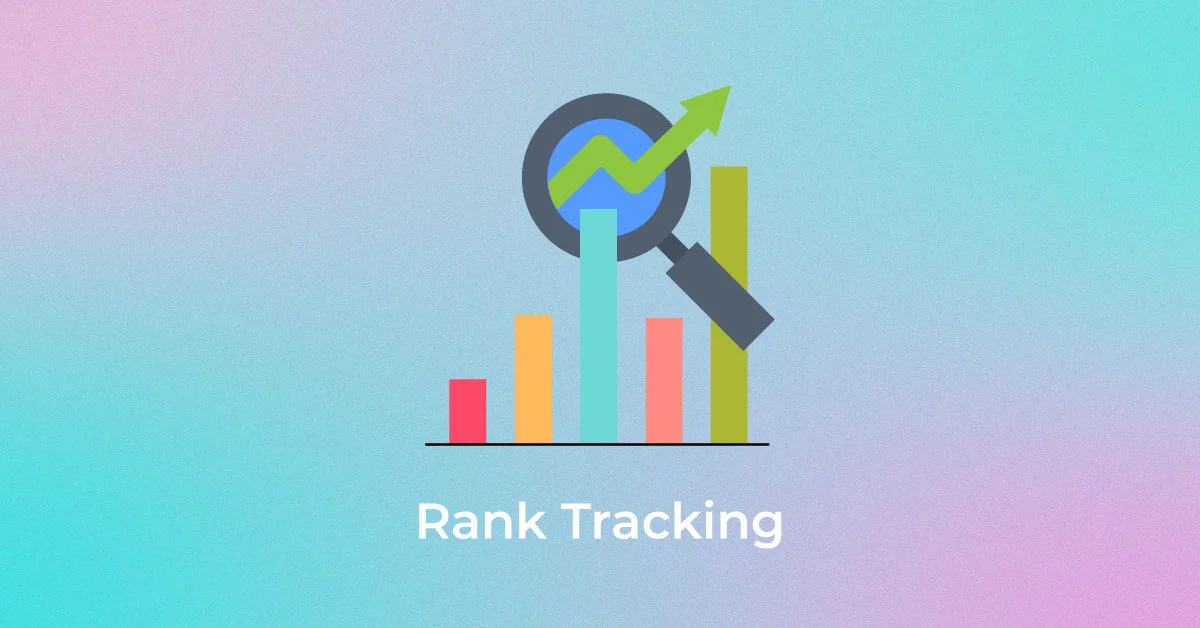The Latest Advancements in 5G Technology and Its Impact on the Future
The Latest Advancements in 5G Technology and Its Impact on the Future
5G networks offer faster data transmission rates than 4G networks, allowing you to download movies quickly or stream TV shows without any buffering or lag. This means downloading movies will become much faster with 5G technology!
1. Increased Speed
Over the past four decades, wireless technology has brought us voice services, mobile data and the Internet. Now 5G signals herald a new era that promises to revolutionize everything from transportation to entertainment.
Hyperconnectivity will open a world of hyperconnected possibilities, creating opportunities for the new digital economy that could add up to $13.1 trillion in GDP by 2035. Key areas such as safer transportation, remote healthcare, precision agriculture and digitalized logistics are just some of the potential benefits that await us.
Businesses are expected to benefit from remote collaboration and automation, increasing productivity. Furthermore, telecom providers will have the flexibility to offer flexible plans that permit consumers to upgrade their network performance when desired. They could even provide business class plans with guaranteed premium network conditions at all times.
2. Increased Capacity
5G networks use higher radio frequencies that are less congested than previous cellular technologies, enabling them to send information faster and farther. Furthermore, this new technology utilizes multiple antennas in order to boost signal strength and capacity across the wireless network.
This enhanced capability could revolutionize a variety of industries, from transport and retail to business and manufacturing. It holds the potential to enhance everything from augmented reality apps to virtual education and healthcare services.
Additionally, automation has the potential to create new jobs that cannot be easily replaced by automation, helping to mitigate job loss effects.
3. More Reliability
The latest advances in 5G technology are predicted to offer a host of advantages. These include faster speeds and enhanced dependability, which could revolutionize many industries.
5G not only opens the door to new applications such as augmented and virtual reality, but it can also improve the performance of existing technologies. This is especially beneficial in areas that need high speed connections like industrial automation.
5G networks are built with redundancy in mind, providing high levels of reliability from day one. This ensures services such as connected robotic factories, remote surgery and driverless cars can be trusted to operate at all times with peace of mind.
4. Lower Latency
5G networks transmit data at 10 times the speed of 4G and can support 100 times more devices, leading to reduced latency for applications like augmented reality and virtual reality that require fast responses.
Reduced latencies can also enable cellular networks to process massive amounts of data quickly and send it off to other devices and cloud platforms without slowing down the network. This has the potential to benefit industries such as automated transportation, telematics, and healthcare.
5. More Security
5G technology not only brings speed and capacity improvements, but it also enhances security. This is due to the fact that 5G network components are secured separately. This provides for a more dependable experience since all data remains safe even if one component is compromised.
Additionally, this is an effective way to protect against botnet-based DDoS attacks. As more IoT devices become connected, cybercriminals will have access to much greater bandwidth than before.
Technology is having a dramatic effect on people’s personal and professional lives, creating new industries, products, and business models. Examples include smart cities that reduce waste and traffic, healthcare professionals using augmented reality to perform surgeries remotely, and much more.



